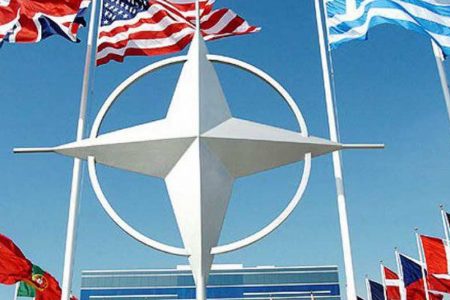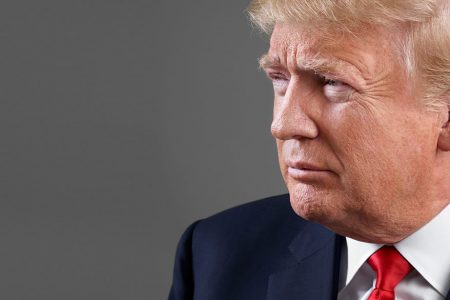Not too long ago I was faced with a hypothetical question: it is probable that Russia will try to replicate the Crimea scenario in the Baltics?
Basically the question was related to a potential invasion of Russia to the Baltics. Also there was another question within the red cell analysis frame: what if that happens? What might happen then?
To these "what if" I came with my red cell scenario, and also to an explanation for it. My answer to the first question was a simple ¨No¨ as there is no high probability that Russia will invade the Baltics and furthermore Crimea and Easter Ukraine cannot be used to set a model for the Baltics.
My position is based on my assumptions that Russia does not want war with NATO, as Baltics are part of NATO and invading them means automatic war with the US and the rest of NATO, and that Russia only acted in response, as in cause and effect in Crimea.
All countries have contingency military plans for almost any possible situation (the US Army trains for a Zombie like apocalyptic situation in Indiana for example). Of course Russia since long time ago had a contingency plan for Crimea just in case the West via proxies took over the central government in Kiev. But the facts demonstrate that it was just that: a contingency plan, a Plan B. Russia’s Plan A was to solve the Ukrainian crisis of 2013-14 without violence and without taking Crimea but only by diplomacy. The February 2014 Coup forced Plan B and Russia executed its contingency plan:
— The irrefutable fact is that in 17 December 2013, Putin and the democratically elected President of Ukraine, Yanukovych, signed a bi lateral agreement that would provide Ukraine with money and cheap gas prices.
— As per the 17 December 2013 agreement Russia did not want to initiate a war in Ukraine nor take by force the Crimea.
— For months several countries funded, organized, promoted, pushed, supported an illegal mass protest pseudo revolution in Ukraine that ended up in illegal Coup against the democratically elected government of Ukraine.
— By pushing an illegal COUP against the Democratically elected government of Ukraine, the many countries that organized and promoted that COUP, ended the 17 December 2013 political and economical agreement that Russia and Ukraine signed.
— By promoting and sponsoring an illegal coup against the democratically elected government of Ukraine, and ending the 17 December 2013 political agreement between Russia and Ukraine, those coup sponsors countries pushed Russia to plan B: taking Crimea and promoting armed resistance in Eastern Ukraine.
— The intelligence assumption using Analysis of Competing Hypothesis (ACH) is that Russia will avoid a military invasion of the Baltics as that means war with NATO that has far superior conventional military power and it is an extremely dangerous course of action that might result in military or economic catastrophe as well as nuclear war.
— The intelligence assumption using ACH is that before Russia invades the Baltics an extreme provocation from a Western country (or countries) will have to occur That means something so extreme that Russia will not see any other way to respond but by a military invasion. That extreme scenario might be another sponsored coup in a Russian friendly country (like Belarus for example), bringing Ukraine into NATO, crushing Eastern Ukraine rebels by providing offensive weapons to the Ukrainian regime, kicking Russia out of the world banking system SWIFT, etc., etc., etc. Only after a major geopolitical provocation that test the limits of Russia, would Russia launch an invasion of the Baltics, an extremely dangerous gamble.
Now, to answer the second hypothetical scenario, as in what might happen if that extreme provocation takes place and Russia is pushed into invade the Baltics (go to war with NATO), I wargame the situation with ACH and conclude that a similar scenario to Georgia 2008, might be the best solution:
— Russia takes the Baltics… Russia is in War with NATO.
— Most likely the Russia-NATO war will look very similar to the French/German front in late 1939 and early 1940 with war declared, Russian troops in the Baltics, but no real counteroffensive. Most likely NATO will not launch a massive military counteroffensive in the Baltics nor attack Russia proper because of the high risk to escalate to a catastrophic nuclear conflict.
— Most likely after a few days of extremely intense and desperate diplomatic efforts by Germany, France, Italy, (the big pragmatic European countries) and the US, the cease fire with Russia will occur. In this scenario the expansion of a conventional war and the catastrophic option of nuclear conflict will be avoided. The retreat of Russian troops from the Baltics and the end or modification of the initial provocation that pushed Russia to the armed conflict will have to follow the cease fire. I estimate a total time of 2 weeks from start to end in this hypothetical scenario.




